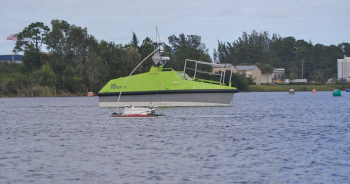The market for uncrewed surface vehicles (USVs) is booming. A recent report published by Allied Market Research suggests that the global market for USVs in 2022 generated $0.92 billion and is anticipated to generate $2.7 billion by 2032—that is a staggering CAGR of 11.5% over the next decade.
Current Updates From SeaRobotics
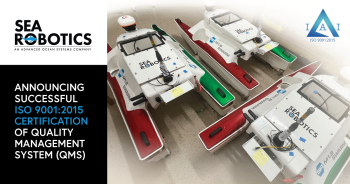
SeaRobotics Corporation (SeaRobotics), a leading developer of marine robotics and autonomous systems, today announced the company’s successful ISO 9001:2015 certification of its quality management system (QMS). ISO 9001:2015 is a globally recognized quality management standard developed and published by the International Organization for Standardization (ISO), which sets the criteria for which large or small companies, regardless of the primary field of activity, should comply to implement and maintain a quality management system (QMS).
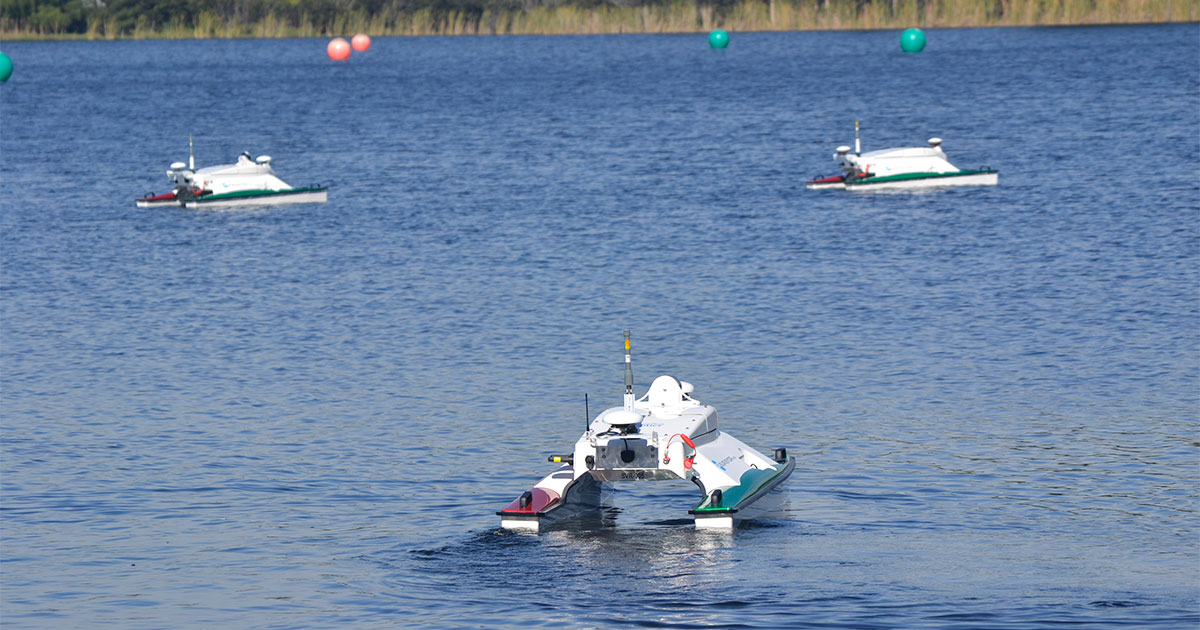
The ocean is a complex landscape described by multidisciplinary means—chemical, biological, geological, etc. How the ocean functions and supports ecosystem services can be impacted by internal and external forces. Sea surface temperatures, ocean circulation, nutrient pollution, and ocean acidification are some of the more recent highlighted issues the ocean is facing.
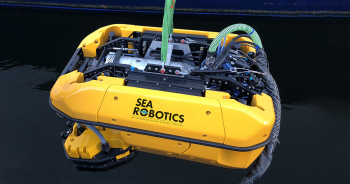
How to mitigate against the spread of Invasive Aquatic Species (IAS) remains one of the most complex and pressing challenges in the marine domain. So much so, in fact, that the United Nations Environmental Programme considers the growing prevalence of these so called “marine invasions” as one of the four greatest threats to marine and coastal ecosystems.
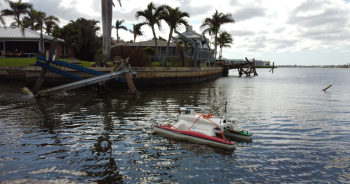
The outlook for this year’s Atlantic hurricane season—which officially kicks off on June 1 and runs to November 30—remains somewhat uncertain. After a rare ‘triple-dip’ event—a three-year La Niña cycle—the NOAA National Weather Service has pointed to a greater than 90% chance of an El Niño event beginning in the next few months and continuing through winter.
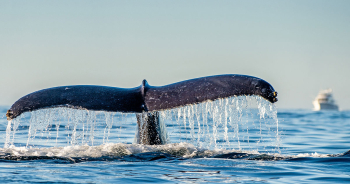
SeaRobotics Corporation (SeaRobotics), a leading developer of marine robotics and autonomous systems, and CSA Ocean Sciences, Inc., an industry leader in marine species research, risk assessment, and protection, have signed a memorandum of understanding (MoU) with Woods Hole Oceanographic Institution (WHOI) to collaborate on the commercialization of WHOI’s infrared camera based marine mammal detection and classification technology.

